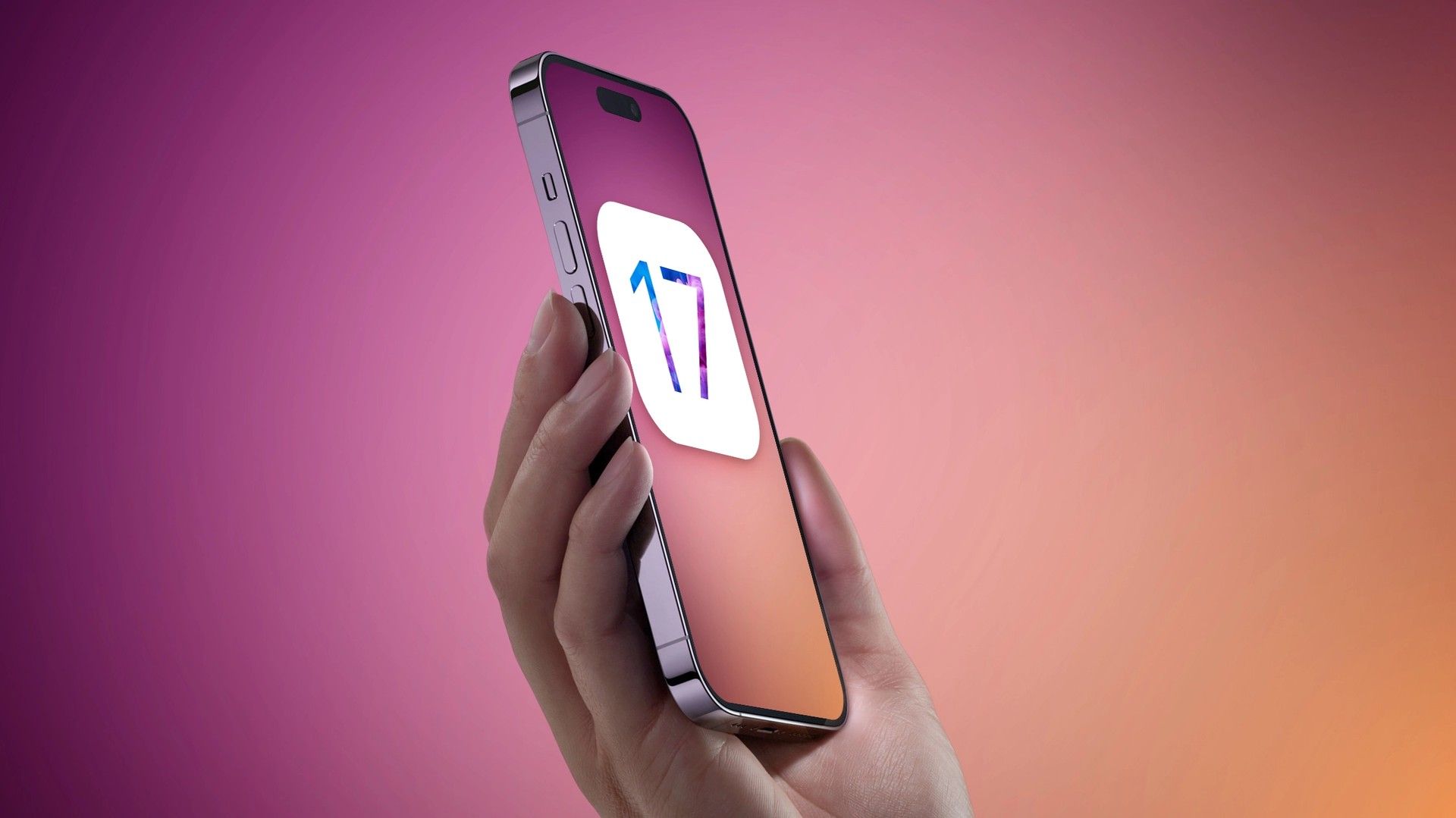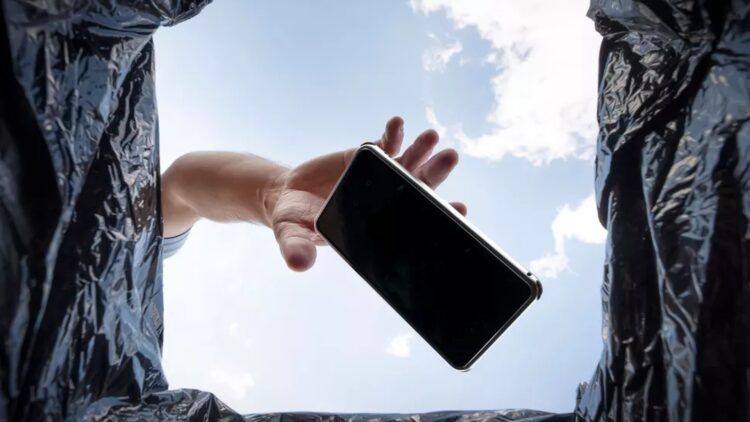Apple is set to release iOS 17 later this year, and as with previous iterations, the company may drop software support for several iPhones and iPads. According to reports from a reliable source cited by MacRumors, the following devices will likely be excluded from receiving the iOS 17 update:
- iPhone 8
- iPhone 8 Plus
- iPhone X
- iPad (5th gen)
- 9.7-inch iPad Pro (1st gen)
- 2.9-inch iPad Pro (1st gen)
While beta testers may get an early glimpse of the latest iteration of the operating system, the stable version of iOS 17 is expected to be rolled out in September 2023, in conjunction with the iPhone 15 lineup announcement at WWDC 23 on June 5th.
Excluding an update like iOS 17 is unusual
Removing support for older phones is not an unusual practice for Apple. Every year, the company drops support for legacy devices. For example, with the release of iOS 16, Apple ended support for the iPhone 6s, iPhone 6s Plus, iPhone 7, iPhone 7 Plus, iPhone SE (1st gen), and the iPod touch (7th gen).
While some people may view this as a forced upgrade, it’s worth noting that the oldest device on the list is the 12.9-inch iPad Pro 1st gen, which was announced in 2015. The next oldest device is the 9.7-inch iPad Pro 1st gen from 2016. All the other devices, i.e., the iPhone 8, iPhone 8 Plus, iPhone X, and the iPad (5th gen) were launched in 2017. Therefore, it can be said that the list of devices that won’t be updated to iOS 17 is not too extensive.

In fact, Apple has provided an impressive six years of iOS upgrades for the iPhones and iPads, except for the larger iPads which received 7-8 years of support. By comparison, Android OS upgrades usually range from 2 to 3 years, with Samsung’s Galaxy S series phones getting 4 major Android OS upgrades. Even Google’s record of providing OS updates for 3 years and security updates for 5 years isn’t as impressive as Apple’s.
It’s important to note that not receiving the iOS 17 update doesn’t necessarily mean the end of a device’s life. Apple often releases security updates for old devices to keep users safe from vulnerabilities.
For example, in January 2023, the company released the iOS 12.5.7 update for the iPhone 5s, iPhone 6, iPhone 6 Plus, iPad Air, iPad mini 2, iPad mini 3, and iPod touch (6th gen), patching a remote code execution issue that hackers could have exploited to run malicious code on a user’s device.
If your device won’t receive the iOS 17 update, there’s no need to worry. Your device will likely continue to work fine, and you may receive security updates to keep it safe from vulnerabilities.




